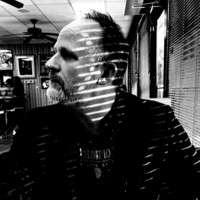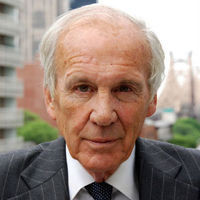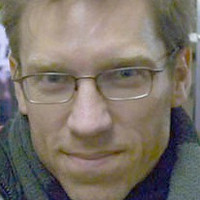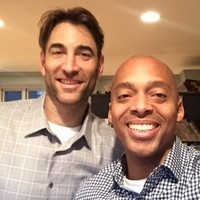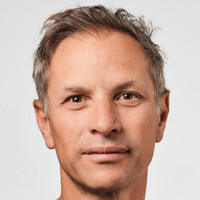May Jeong is a magazine writer and investigative reporter.
“I don’t have kids, I don’t have an expensive drug habit. Everything that I do right now at this moment in my life is to serve the story. That means that sometimes I’m not the best partner. I’m not the best friend. I’m a really terrible daughter probably. If my parents had a satisfaction survey, I don’t think I’d rank really high. I have friends who are buying houses and stuff. I’m very far away from that. What else have I sacrificed? I don’t know. Sometimes I let my body atrophy because I’m on the road all the time. I think I can do it for five more years. I’m 30, so things will have to change.”
Thanks to MailChimp, Read This Summer, Casper, and You Can't Make This Up for sponsoring this week's episode. Also: Longform Podcast t-shirts are still available!

